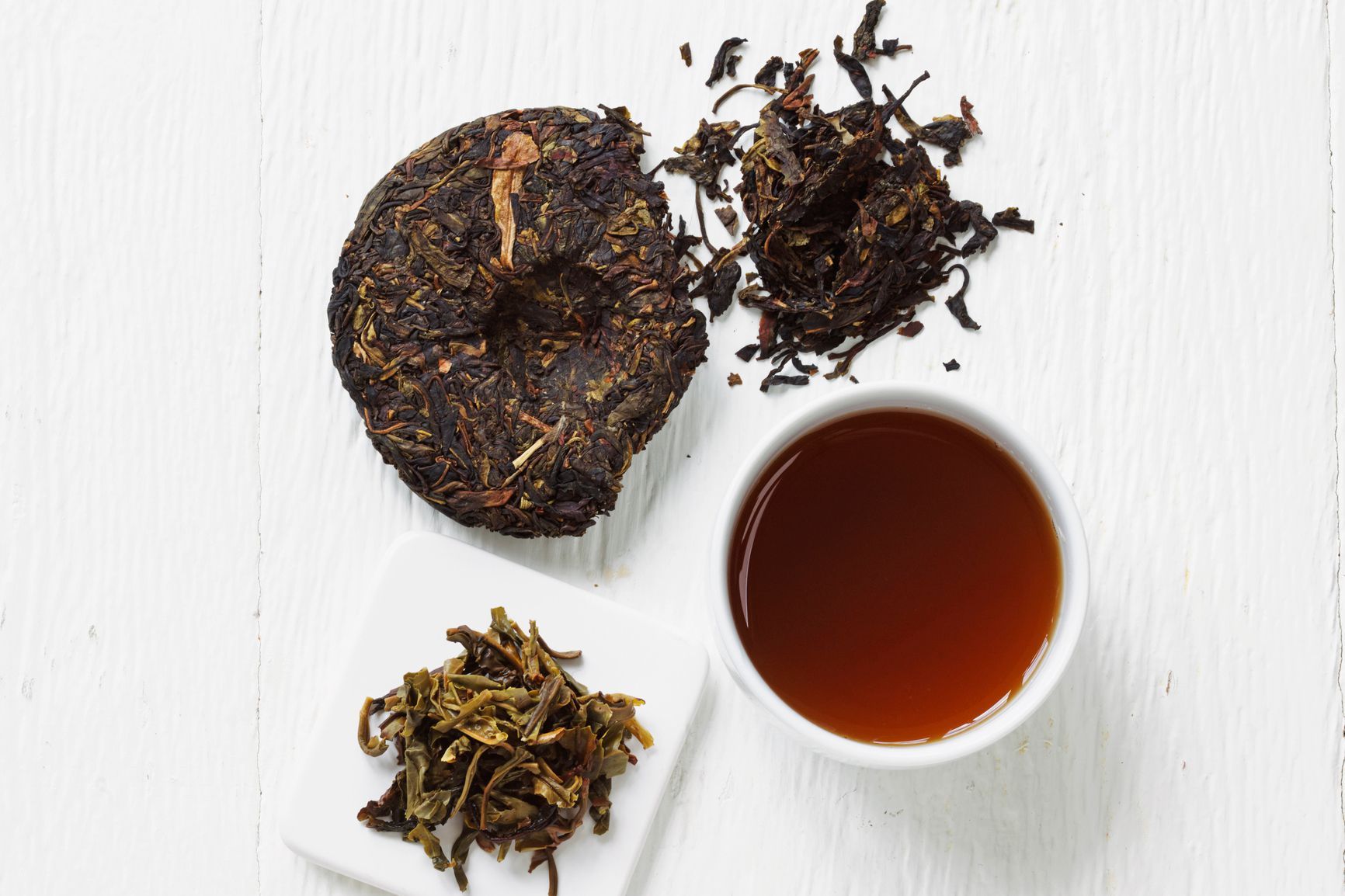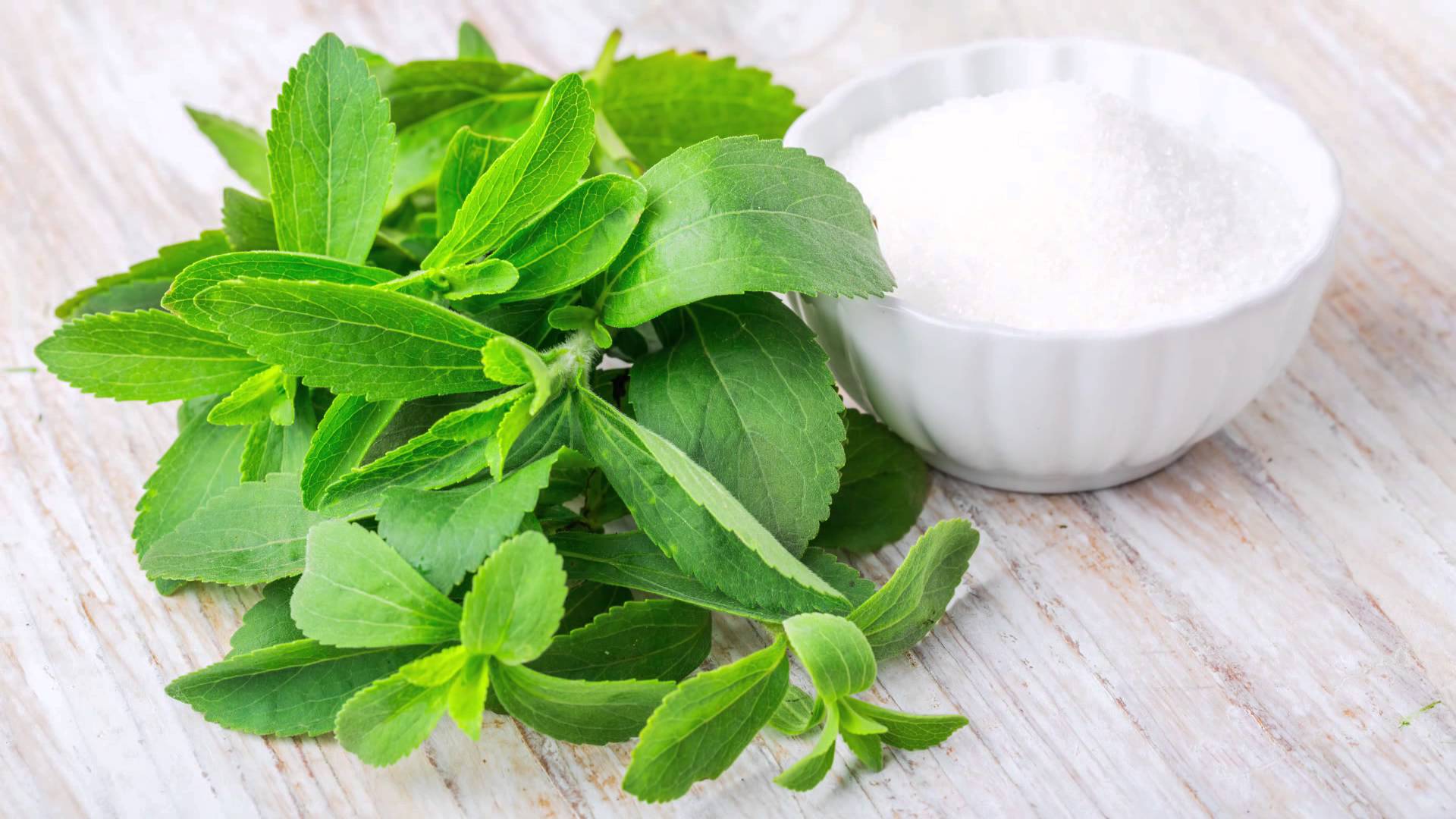Introduction:
When it comes to our taste buds, bitter flavors often receive a bad reputation. However, bitter foods can be incredibly beneficial for our health. Bitterness is a natural indicator of potent compounds that can support various bodily functions. Incorporating bitter foods into your diet can improve digestion, detoxification, and overall well-being. In this comprehensive guide, we will explore nine bitter foods that are good for you, along with their unique health benefits.
Kale:
Kale, a leafy green vegetable, is known for its bitter taste. Packed with essential nutrients like vitamins A, C, and K, kale supports eye health, boosts the immune system, and aids in bone strength. It is also rich in antioxidants, which combat oxidative stress and reduce the risk of chronic diseases such as heart disease and cancer.
Grapefruit:
Grapefruit is a tangy and bitter citrus fruit that offers numerous health benefits. It is an excellent source of vitamin C and other antioxidants, which can boost the immune system and protect against cellular damage. Consuming grapefruit can also aid in weight management, improve heart health, and regulate blood sugar levels.
Dandelion Greens:
Dandelion greens, commonly considered weeds, are highly nutritious and bitter-tasting. These greens are loaded with vitamins A, C, and K, as well as minerals like iron and calcium. Dandelion greens have diuretic properties, supporting kidney function and promoting detoxification. They can also aid digestion, reduce inflammation, and improve liver health.
Dark Chocolate:
Dark chocolate with a high cocoa content offers a bitter taste. It contains beneficial compounds such as flavonoids and antioxidants, which contribute to heart health by lowering blood pressure, improving blood flow, and reducing the risk of blood clot formation. Additionally, dark chocolate can enhance cognitive function and elevate mood due to its serotonin-boosting effects.
Turmeric:
Turmeric is a vibrant yellow spice with a slightly bitter flavor. It contains a powerful compound called curcumin, known for its anti-inflammatory and antioxidant properties. Turmeric can aid in managing chronic inflammation, promote joint health, and support brain function. It is often used in traditional medicine to alleviate digestive issues and enhance liver function.
Brussels Sprouts:
Brussels sprouts are cruciferous vegetables with a mildly bitter taste. They are an excellent source of vitamins C and K, fiber, and antioxidants. Consuming Brussels sprouts can boost immune function, support healthy digestion, and contribute to heart health. They also contain compounds that have been linked to potential cancer-fighting properties.
Green Tea:
Green tea is a widely consumed beverage known for its bitter taste. It is rich in polyphenols, which have antioxidant and anti-inflammatory effects. Regular consumption of green tea can enhance brain function, promote weight loss, and reduce the risk of cardiovascular diseases. Its natural compounds may also help prevent certain types of cancer.
Radicchio:
Radicchio is a leafy vegetable with a distinctive bitter flavor. It belongs to the chicory family and is a great source of fiber, vitamins A and K, and antioxidants. Radicchio supports digestion, aids in detoxification, and may have anti-cancer properties. Its bitter compounds stimulate the production of bile, which helps break down fats and aids in nutrient absorption.
Arugula:
Arugula, also known as rocket, is a peppery and bitter leafy green. It is rich in vitamins A, C, and K, as well as minerals like calcium and potassium. Arugula supports bone health, boosts the immune system, and promotes healthy eyesight. Its bitter taste stimulates digestive enzymes, aiding in digestion and nutrient assimilation.
Conclusion:
Bitter foods are often overlooked or avoided due to their taste, but their health benefits are worth embracing. Incorporating these nine bitter foods into your diet can provide a range of advantages, including improved digestion, detoxification, heart health, and immune support. Whether you choose to add kale to your salad, enjoy a grapefruit for breakfast, or indulge in a square of dark chocolate, these bitter foods can contribute to your overall well-being. Embrace the bitter taste and reap the rewards of a healthier lifestyle.
- Ultimate Guide to Just CBD’s Gummies: Flavor, Potency, and My Top Picks - September 19, 2024
- What are the Best HHC Products - July 22, 2023
- 9 Bitter Foods That Are Good for You - July 17, 2023





